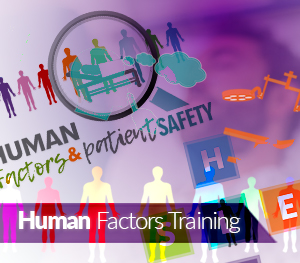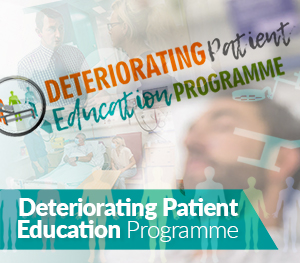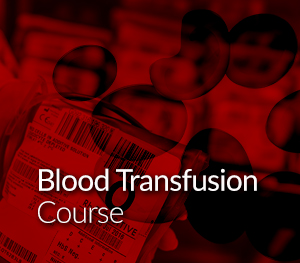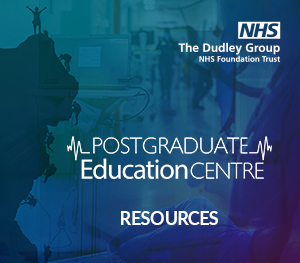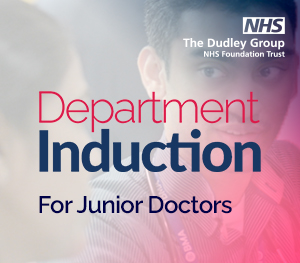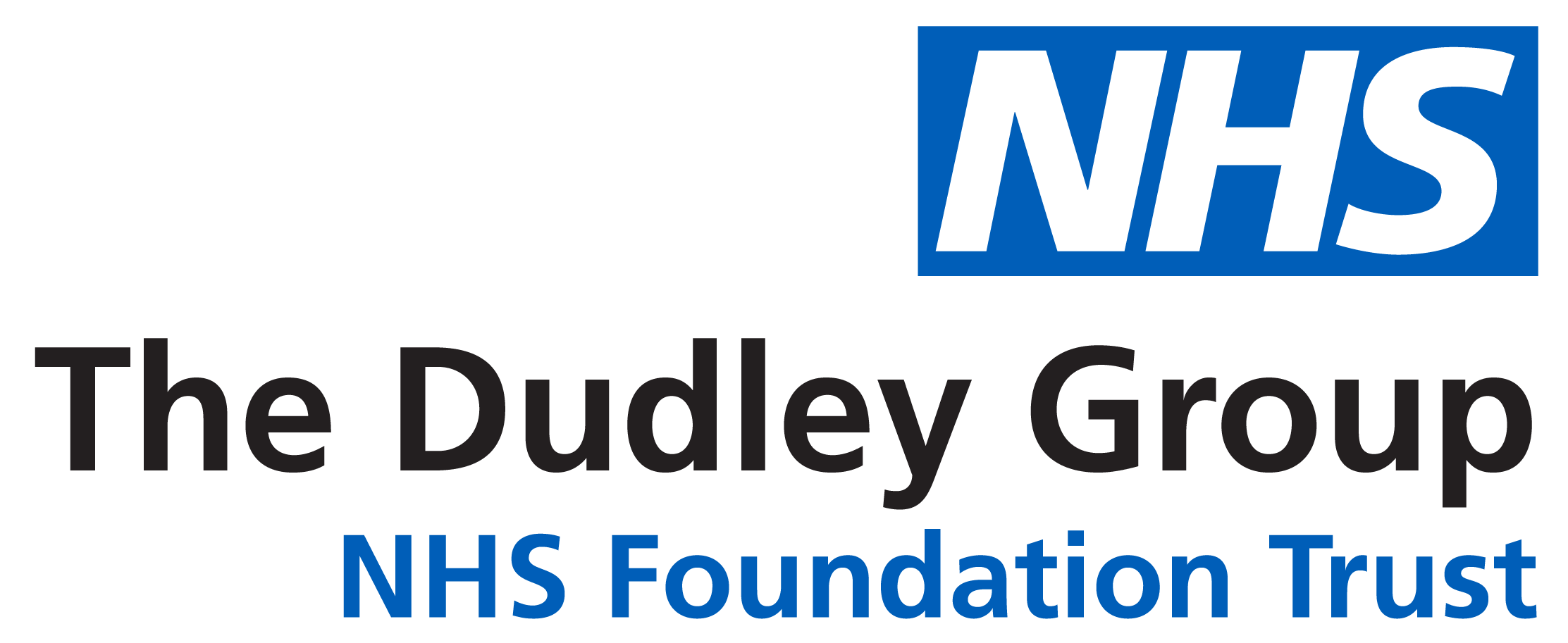Foundation Year 1
Foundation year 1 (FY1) introduces medical graduates to supervised responsibility for patient care and consolidate the skills that they have learnt at medical school. Foundation doctors are responsible for their learning within the programme, with the support of the Medical Education team. It is important to arrange regular meetings with supervisors, maintain a Horus e-portfolio, keep up-to-date with the required assessments and attend mandatory teaching to ensure Annual Review of Competency Progression (ARCP) sign-off.
SELECT A TITLE BELOW TO FIND OUT FURTHER INFORMATION
Teaching takes place weekly on Tuesday mornings normally from 10am until 1pm (unless otherwise stated). The weekly Foundation teaching is SDL time.
Unless otherwise stated, all teaching is delivered via MS Teams. All simulation training takes place in the RGUC Simulation Centre, 2nd floor, North Block.
Trainees have a mandatory number of teaching hours to log on to their portfolio.
View and download the latest FY1 programme schedule here >>
11th January 8th February 15th March 10th May 7th June | Simulation Teaching Session 2 Simulation Teaching Session 2 Simulation Teaching Session 2 Simulation Teaching Session 3 Simulation Teaching Session 3 | 10am – 1pm (1) 10am – 1pm (1) 10am – 1pm (1) 2pm – 5pm (1) 10am – 1pm (1) |
Foundation Year 2
Foundation year 2 (FY2) doctors remain under clinical supervision, as well as all doctors in training. However, the responsibilities towards patient care increase. Management decisions are required as part of progressing towards independent practice. FY2 doctors enhance their core general skills, and work more with the wider healthcare profession. This includes nurses, medical students and less experienced doctors.
Completing FY2 will offer clinical competence, leadership and the decision-making skills and responsibilities that are paramount for hospital and general practice specialty training. On completion of FY2 doctors are awarded with a Foundation Achievement of Competence Document (FACD). This confirms suitability to enter a core, specialty or general practice training programme.
SELECT A TITLE BELOW TO FIND OUT FURTHER INFORMATION
Teaching takes place weekly on Tuesday mornings normally from 10am until 1pm (unless otherwise stated). The weekly Foundation teaching is Self Development Learning (SDL) time.
Unless otherwise stated, all teaching is delivered via MS Teams. All simulation training takes place in the RGUC Simulation Centre, 2nd Floor, North Block.
Trainees have a mandatory number of teaching hours to log on to their portfolio.
View and download the latest FY2 programme schedule here >>
11th January 15th March 10th May 7th June | Simulation Teaching Session 2 Simulation Teaching Session 2 Simulation Teaching Session 2 Simulation Teaching Session 3 Simulation Teaching Session 3 | 2pm – 5pm (1) 2pm – 5pm (1) 2pm – 5pm (1) 2pm – 5pm (1) 2pm – 5pm (1) |
Further information
SELECT A TITLE BELOW TO FIND OUT FURTHER INFORMATION
Emergency Medicine – Dr Peter Doyle
Anaesthetics – Dr Mark Tindall
General Surgery – Mr Neil Molony (covers ENT, T&O, Maxfax, Vascular, General Surgery and Urology)
General Medicine – Dr Mohammad Shahid, Dr Darshan Pandit and Deputy College Tutor - Dr Alexandra Solomon
Obstetrics & Gynaecology – Current vacant position
Paediatrics – Dr Thomas Gorst
Radiology – Dr Oluwasola Ajayi
Ophthalmology – Mr Randeep Sharma
The foundation programme follows an extensive curriculum devised by the UK Foundation Programme, and guides junior doctors through what to expect. This is divided into five themes:
Theme 1: Purpose
Theme 2: Governance and Strategic Support
Theme 3: Programme of Learning
Theme 4: Programme of Assessment
Theme 5: Quality Assurance and Improvement
We adhere to these themes by a structured support system for the doctors. This includes an Educational Supervisor to guide and support them throughout the whole year, and a Clinical Supervisor to be guided by and work alongside during each post.
We have a full foundation teaching programme which follows the programme of learning within the curriculum. Foundation teaching is always on a Tuesday, and we also provide self-directed learning time to provide the doctors with time to complete meetings and update their e-portfolios.
This is the final assessment of the junior doctor’s year. It is the point at which the decision is made as to whether they have completed and evidenced everything necessary for satisfactory sign-off for the previous 12 months. We also check all of these areas at a mid-year review, which is an interim assessment to check foundation doctors’ engagement with the Horus e-portfolio, and to also address any clinical issues that may be noted. This allows us to provide support if necessary, to help the foundation doctor reach their full potential.
At the final ARCP, every junior doctor Horus e-portfolio is checked by the foundation team for each criterion that has to be met. This determines whether they can pass into the next phase of their training, so it is critically important. For the FY1 doctors, ARCP sign-off allows to doctor to gain their GMC certification, which is a requirement to practice as a doctor and to move into FY2. For the FY2 doctors, ARCP sign-off allows them to apply and move into the training programme for the area that they want to specialise in. All doctors have to satisfactorily complete FY1 and FY2 to progress with their careers in medicine or surgery.
The ARCP is usually conducted in May with an interim ARCP in January.
A GUIDE FOR JUNIOR DOCTORS
What is exception reporting?
Exception reporting in conjunction with work scheduling is part of the 2016 Junior Doctor Contract that supports a safe working environment, in which junior doctors can meet their training requirements whilst delivering excellent care for patients.
Exception reporting ensures that work schedules are fit for purpose and has replaced diary monitoring as the contractual process for monitoring working hours. It also provides the Board of the employing Trust with reassurance that doctors are working safe hours.
When should I submit an exception report?
Exception reports are submitted for the reasons outlined below, though this list is not exhaustive and individual judgement is required:
- Working over, or under your scheduled hours, consistently starting early, leaving late.
- Rest breaks not taken.
- Missed educational opportunities, not permitted to leave work area to attend protected teaching and training opportunities.
- Inappropriate levels of supervision.
If there is an immediate safety concern, you should raise this immediately with the clinician responsible for the service or the consultant on-call. Doctors also need to follow the Trust’s incident reporting system and an exception report should be submitted within 24 hours.
If you are concerned about a possible working time regulation breach, please raise the concern with your educational supervisor and clinical service lead.
All exception reports must be submitted within 14 days, or 7 days if you are claiming payment.
At a glance:
- Maximum 48 hours average working week
- Maximum 72 hours worked in any consecutive period of 168 hours
- Rest between shifts reduced to less than 8 hours
- Breaks missed on 25% of occasions across a 4-week reference period
What happens to an exception report?
Allocate will generate an email that alerts your educational supervisor to the report assigned to them. This is copied into the guardian of safe working hours and/or the director of medical education (depending on the nature of the exception). The Guardian’s office will also remind your supervisor that a report is pending their attention.
Occasionally your educational supervisor will nominate your clinical supervisor to receive the exception report, as they may be more aware of the rota and department the report relates to. They will only do this with your consent and this enables your exception report to be addressed promptly.
How do I submit an exception report?
Your login details should be emailed to you by Allocate before you start working. If you do not receive an email, please contact Wendy Wheeler ([email protected]) who will send you log in details and a user guide.
What happens next?
Your educational supervisor should contact you within two weeks to arrange a meeting to discuss the report and agree what action needs to be taken (time off in lieu or payment). It is important that the discussion and outcome be documented on Allocate.
If you agree with the outcome then the exception report can be closed by logging in to Allocate and agreeing with the outcome. Otherwise, it can be escalated and discussed further with your educational supervisor, taking the report to a level 1 review.
A copy of the report will be sent to the guardian of safe working hours (if it relates to hours) or the director of medical education (if it relates to teaching).
Useful Links
This exception reporting guide is derived from the ‘Terms and Conditions of Service for NHS Doctors and Dentists in Training (England) 2016’ and should be read in conjunction with the latest version of the TCS (available via NHS employers: http://www.nhsemployers.org/your-workforce/pay-and-reward/medical-staff/doctors-and-dentists-in-training).
Additional information about exception reporting can be found through links on the guardian of safe working hours page on the Hub (only available when on-site or using the Trust IT network)
http://thehub/raising-concerns/SitePages/GuardianOfSafeWorking.aspx
NHS Employers website - Rota Rules at a Glance >>
Coming soon...
The Dudley Group junior doctors mess is an organisation run by doctors for doctors.
There are two in the hospital, one is located on the ground floor along the corridor to the right of WHSmith, and the other is situated in South block opposite the gym. The mess offers a fridge, microwave, sofas, a TV and computers. It is a comfortable place to relax and rest on a busy shift. It can be accessed 24 hours day and offers social events.
Can I take Study leave days in Lieu?
For study leave taken over weekends, bank holidays and days when you would not otherwise be working you can take this time off in lieu. If you wish to take time in lieu for study leave, the days should be agreed with the Educational Supervisor at the time of agreeing the study leave, within a reasonable time frame from the activity.
The study leave FAQs are available on the Health Education England West Midlands website here.
Download a copy of the study leave form for doctors in training >>
08/09/2022 - Time to Share - The Dudley Improvement Practice Team
29/09/2022 - Award Ceremony for the Deteriorating Patient Education Programme - Laura Basterfield & Dr Calthorpe.
The Foundation Support Team
The foundation doctors are supported by a team which includes:-
The Foundation Programme is supported by the Postgraduate Education Team. View the ‘Meet the Team’ page to contact the team member you require to support you.
How do I contact them?
Tel: 01384 45611 ext 1096
Email: [email protected]
Where do I find them?
Reception Office
Clinical Education Centre,
South Block,
Russells Hall Hospital
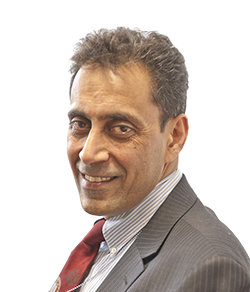
Mr Rehman overseas medical education including undergraduate medical students throughout the organisation.
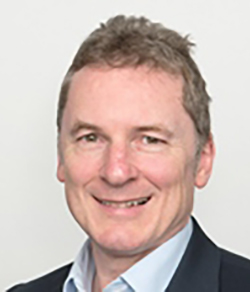
Mr Neil Molony overseas aspects of operational side of junior doctor education for doctors on an official training programme. He is closely connected to the doctors and oversees ARCP processes.
Foundation Training Programme Directors (FTPD) -
Dr Haroon Siddique - FY1 and Dr Tamar Saeed - FY2
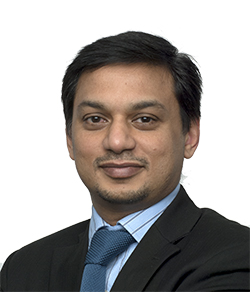
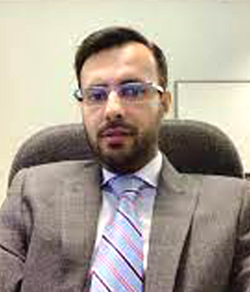
Mr Siddique and Dr Saeed are FTPDs and look after one of the foundation training years. They are there to assist foundation doctors with any issues they may have or challenges they are experiencing if the Educational and/or Clinical Supervisor are not able to resolve them.
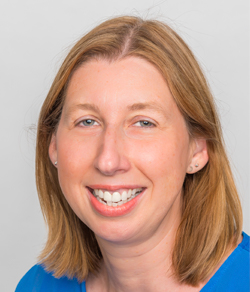
Kate overseas the management of medical education across the organisation including undergraduate medical students.
LATEST POSTGRADUATE ONLINE TRAINING COURSES & RESOURCES
Our clinical skills, simulation, haematology, Improvement and resus teams deliver expert training to our Trust staff to support patient care.
Select the links below to access more resources.
